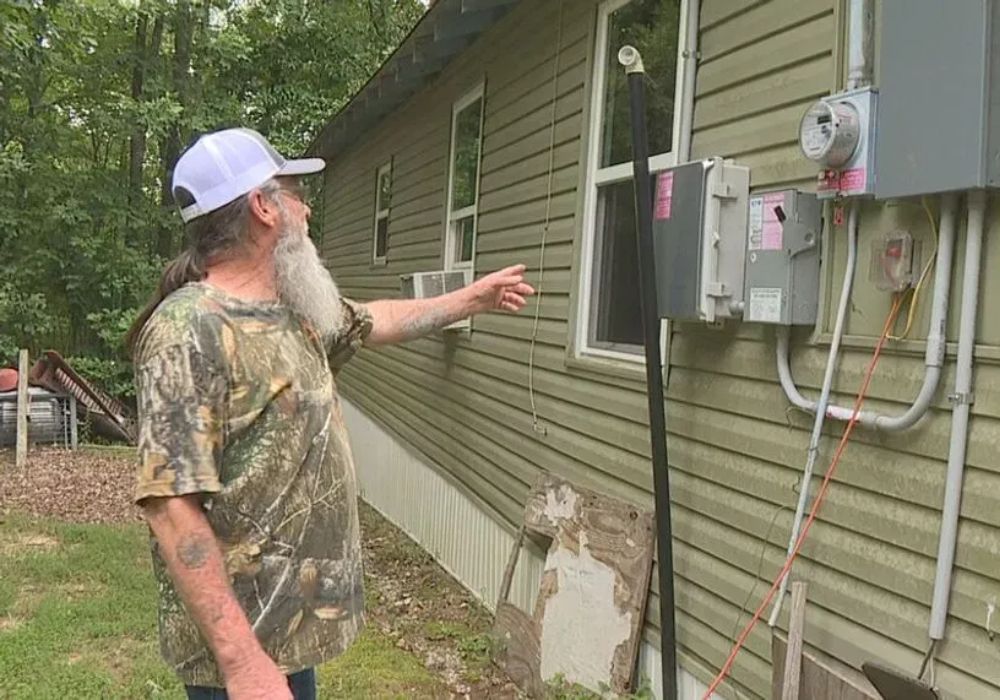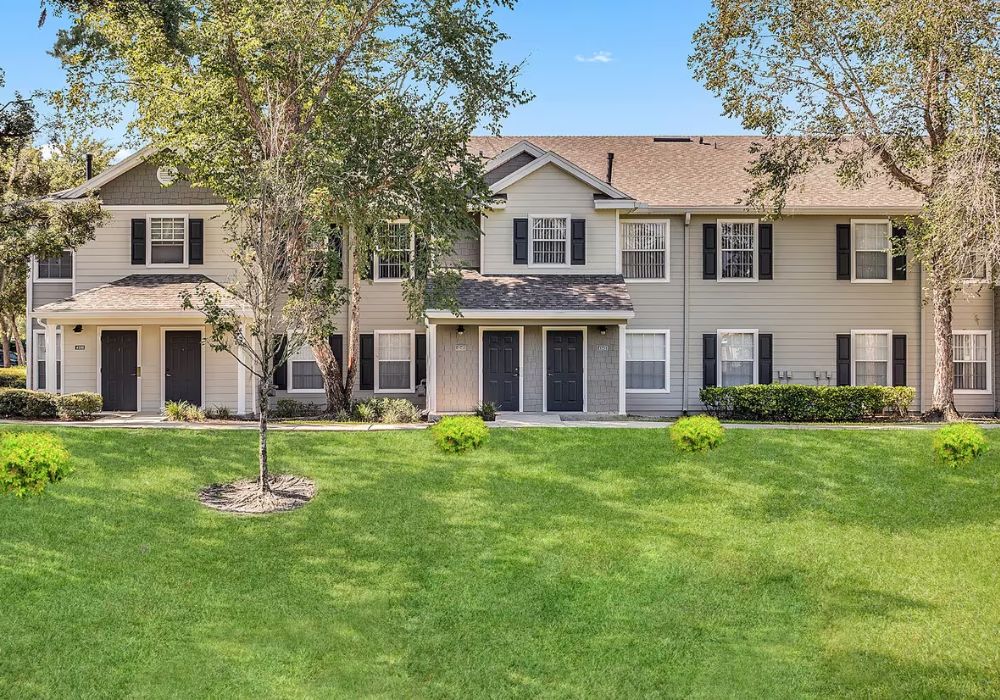As a tenant, it's important to understand the extent of your landlord's authority when it comes to allowing visitors in your rented property. While tenants have rights to enjoy their living space, landlords also have legitimate interests to consider.
In this article, we will explore the nuances of landlord and tenant rights as they relate to visitors.
Can a landlord tell you who can visit?
A landlord does have some say in establishing rules and regulations regarding visitors for a rental property. The level of control landlords have, however, is not absolute. Key factors like the terms of the rental agreement, applicable laws, and considerations of tenant privacy all help define the boundaries of a landlord's authority in this area.
Related: How Long Can A Landlord Ignore You?
What does the rental agreement say about visitors?

The lease agreement or rental contract signed between the landlord and tenant serves as the primary document outlining expectations. Read yours carefully for any provisions concerning visitors, like limits on overnight guests, quiet hours, responsibility for guest behavior, and registration requirements. Following the terms of your agreement is important for maintaining a positive landlord-tenant relationship.
How do local tenancy laws apply?
Jurisdictional laws provide important context. For example, state statutes may give tenants reasonable rights to privacy and enjoyment of their home. Certain municipal codes also regulate tenant housing. It's essential to understand how relevant tenancy laws in your area balance landlord and tenant interests, especially those prohibiting discrimination.
Can a landlord restrict visitors due to discrimination?
No, fair housing acts at both the federal and state level protect individuals from discrimination based on attributes like race, religion, familial status and disability. Landlords cannot deny access to certain visitors or enact policies that single out protected classes. However, tenant behavior issues stemming directly from guests can still warrant intervention.
Can overnight guests be limited?
Reasonable restrictions on the number and duration of overnight guests are generally allowed as part of establishing house rules for shared residences. Landlords have legitimate interests in ensuring quiet enjoyment for all tenants and avoiding overcrowding issues. Any such limits should again be clearly defined in the initial lease documents.
What says if guests caused disturbances?
While tenants have a right to privacy, landlords may intervene if visitors directly cause problems for others living on the property. Excessive noise, property damage, illegal activity or threats to security documented to originate from guests could represent violations of the lease terms and prompt lawful eviction procedures by the landlord if unresolved.
Is there a balance between privacy and authority?
At their core, landlord-tenant laws aim to establish an equilibrium between these competing stakeholder needs. Tenants retain autonomy over private living spaces absent serious infractions, while sensible safety rules for common areas protect community interests. Striking this balance requires open communication and good faith on both sides to preserve housing standards and quality of life.
Conclusion
In conclusion, a landlord does maintain some authority to set reasonable rules for visitors through the terms of a rental agreement. However, this control is not absolute and must comply with tenant privacy rights and antidiscrimination protections under the law.





